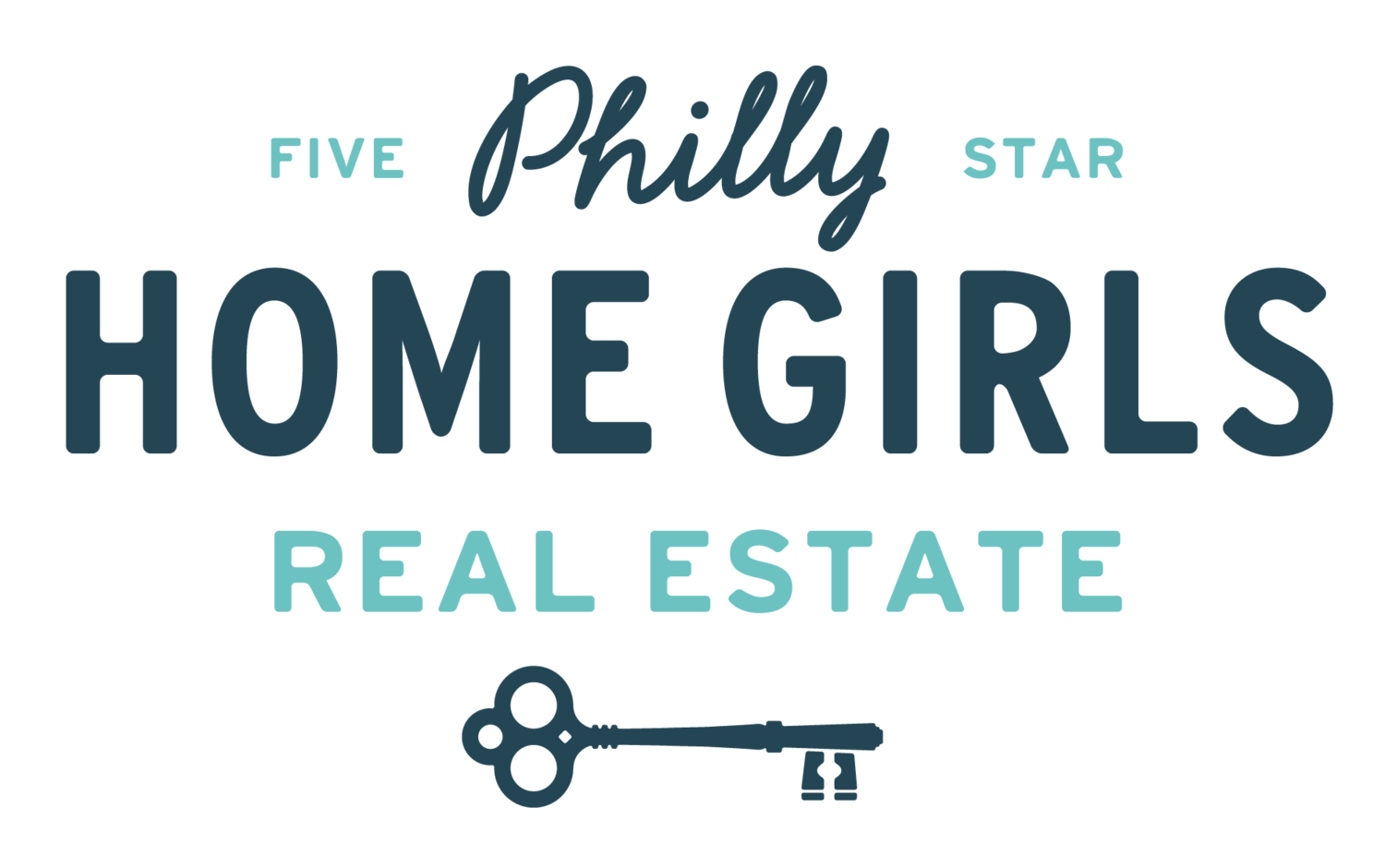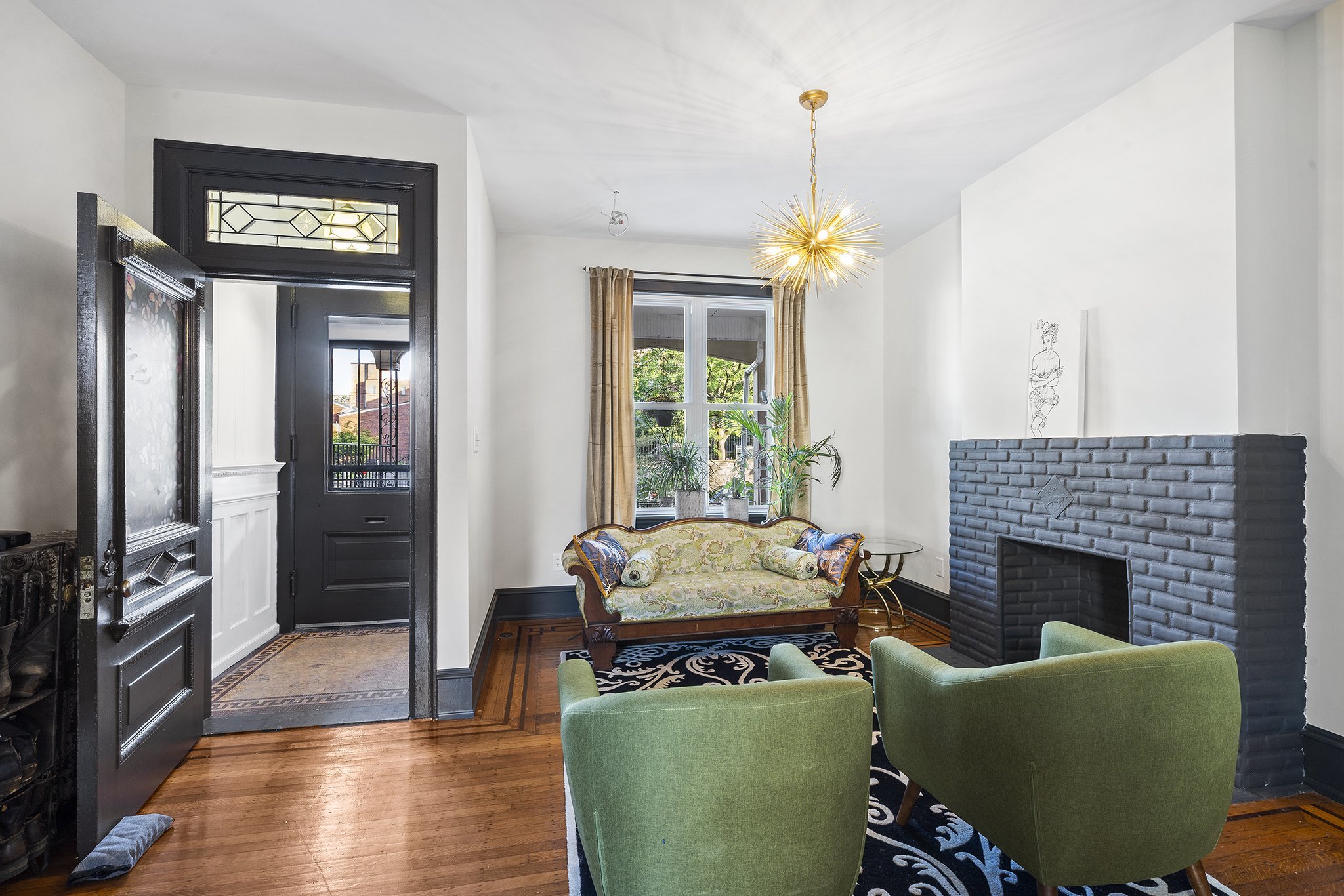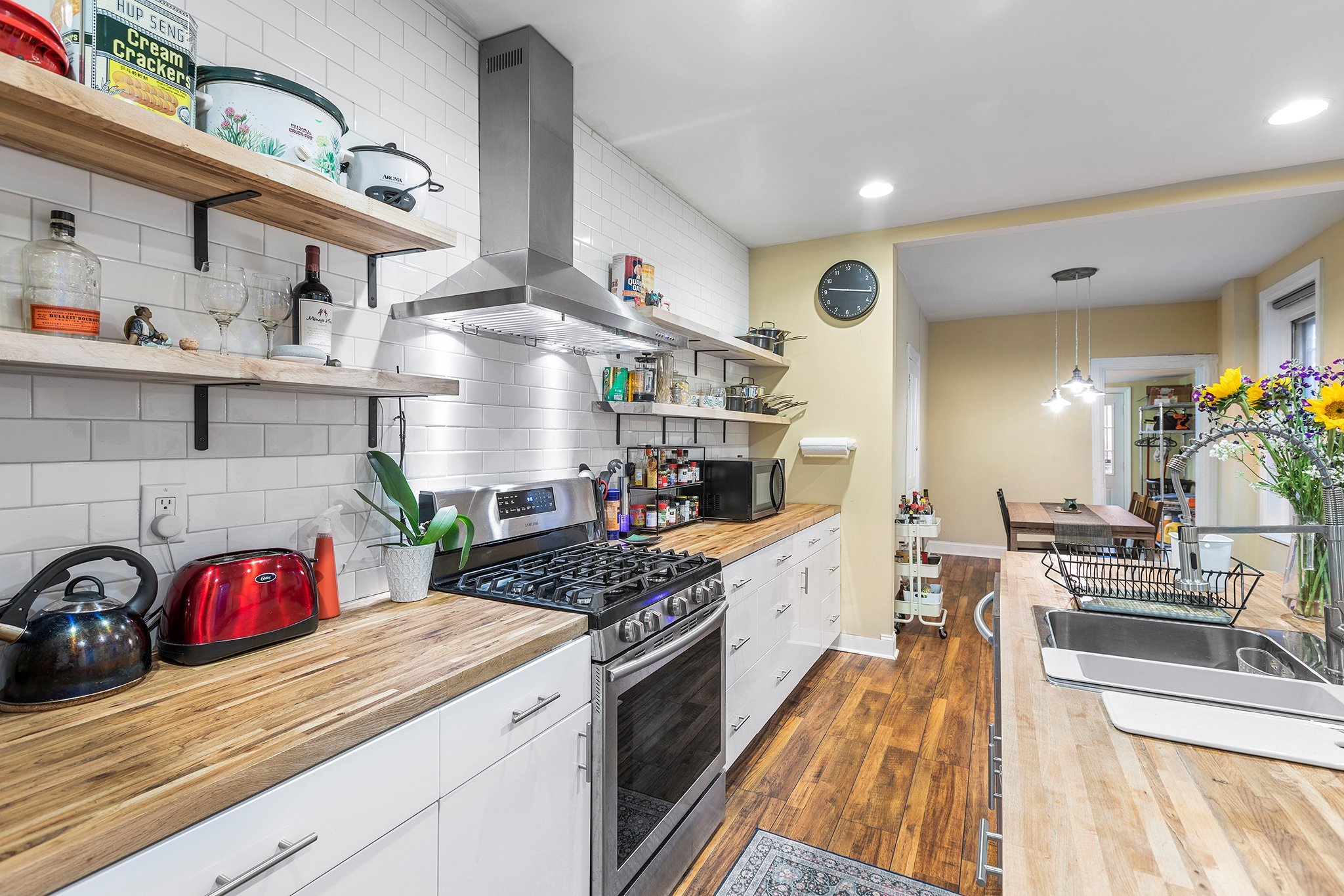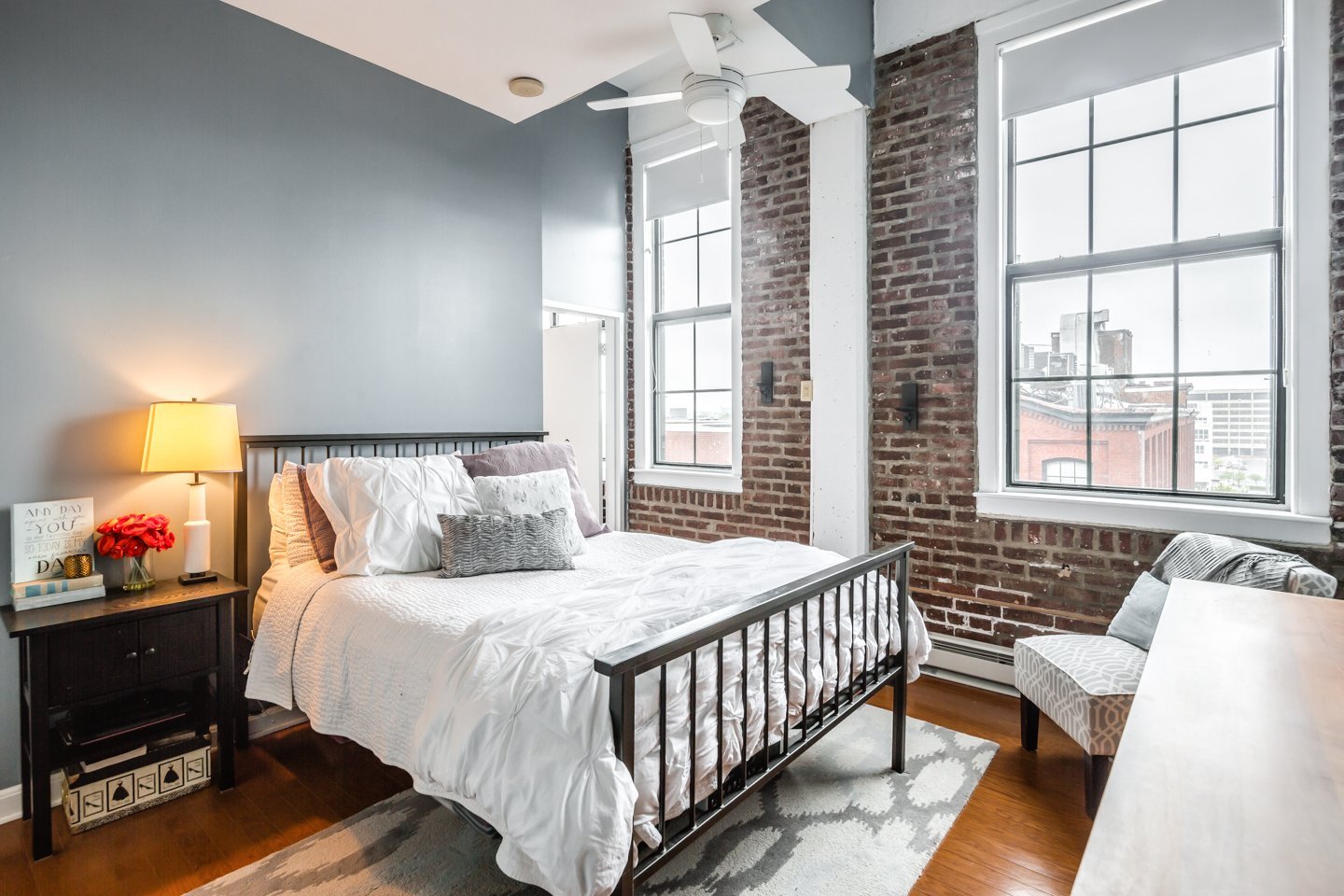Whether you already own an investment property or you’re looking to purchase one in the future, it may be beneficial to know about the 1031 Exchange. We sat down with Exchange Officer and expert Ellie Trovato from 1031 CORP. to go over the ins and outs of the 1031 Exchange.
What is a 1031 Exchange?
A 1031 Exchange allows you to sell your investment property, and defer the capital gains tax on that relinquished property, provided you purchase a new business or investment property within 180 days for equal or greater value of your original investment. Although it is not mandatory to reinvest everything, whatever value out of the “Net Sales Price” not reinvested is taxable. The net sales price is the cash from your sale PLUS any mortgage payoff.
How much of the sale do you need to apply to the new property?
In order to defer the entire capital gains tax on the sale, you must purchase a new property with the sale price of the relinquished property. As Ellie explains “One common question we receive is what value to apply when purchasing the newest property? For example, if you sell a multi-unit for $800,000 and your gain was $500,000 you will need to buy a new property (or properties) for $800k not $500k. This will allow you to defer the capital gains tax on the relinquished property. Remember you can purchase one or multiple properties that apply the total sale.”
You can of course purchase a lower-priced property, but you will be taxed on the remaining amount. So if you sold your property for $800k and your new investment property was $700k you will be taxed on the remaining $100k. It is always important to review numbers with your Tax and Legal consultant.
What type of properties qualify?
As long as the relinquished property and the replacement property are both used for trade, business or as an investment, you’re good to go. Meaning, you can sell the three-bedroom home in South Philly that you have rented out for 3 years (and is not your primary home) and exchange it for a Bed and Breakfast in upstate NY, vacant land, a warehouse, or a rental condo down the shore. The condo down the shore, however, can’t be a second home…(although it may work- Reach out to Ellie to learn more! ). “The property exchange is dirt for dirt,” Ellie explains. “The type isn’t as important as the intent or use of the property. It must be an investment or business use property.”
What does “deferring taxes” mean?
When profiting from selling an investment property, you’ll have to pay capital gains tax. When you use a 1031 Exchange to sell an investment or business-use property, you’re able to defer that capital gains tax. Defer is the keyword here - It’s not eliminating the tax. The capital gains taxes continue to follow your real estate investment journey. When you finally go to sell your most recent investment property, outside of an exchange, the taxes from that very first investment (and any in between) where you used a 1031 Exchange will be due at that time.
There is an exception. It’s not necessarily a ray of sunshine, but IS a smart way to build your investment portfolio over time. When you die and the property/properties are inherited by your heirs, they will acquire on a “stepped-up basis.” The capital gains from the current and any previous properties inherited are eliminated. Again, always review your personal situation with your Tax and Legal Consultant as other taxes may apply.
What is the timing of a 1031 Exchange?
There are a few aspects around timing when it comes to applying for a 1031 Exchange. The first is knowing when to call an Exchange Officer like Ellie Trovato. She says “a 1031 Exchange must be in place before the settlement of the relinquished property. When a seller goes under contract with a buyer, pick up the phone and give me a call. We will work with you to have everything in place for a smooth transaction on settlement day. We can work with you even if you are at the settlement table and funds haven’t been disbursed and documents signed. If you wait until after settlement and the funds have been released it is too late.”
The other time-sensitive aspect is that you must identify potential replacement properties to acquire within 45 days of settling on your previous property. That doesn’t mean you have to be under contract or have to close within that time. You will have 180 days from the relinquished property settlement to get the keys for your new property (or properties!) at the settlement table.
Once an Investment property forever an investment property?
Life happens. You may have purchased a property using a 1031 Exchange thinking that it was going to be a rental forever, but then you decided to move into it as your primary residence. As long as you meet the required timeline, for 1031 purposes, you will most likely be able to take advantage of the 121 Primary Residence Exclusion, too.
We went straight to the source (AKA the IRS) for a direct explanation of what a 121 Exclusion allows: ("121 exclusion") provides that property held and used by you as your primary residence for at least 24 months out of the last 60 months can be sold and you can exclude from your taxable income up to $250,000.00 in capital gains if you are single (per homeowner/person) and up to $500,000.00 in capital gains for a married couple filing a joint income tax return.
Let’s walk through that timeline so it makes sense. Say you purchased a new investment property in 2019 and you used a 1031 Exchange. You rented it out for 3 years to fabulous tenants. Your family has grown, the investment property has a beautiful yard for the dog and the kids, and it sits in the school catchment of your choice. In the Fall of 2022, you decide to move into the home and make it your primary residence. Fast forward to Fall 2024, you have lived in the property for 2 years. Now you are able to qualify for the 121 Exclusion. This means when you go to sell the property you will be able to take the tax deductions listed above in the IRS definition.
Who do I talk to?
There are many specifics that go along with each individual transaction. What if you find a new property before selling yours? What if you own the investment property as an LLC? What if your partner isn’t on the title? It’s important to have the right team alongside you to navigate all that comes up during the process.
First you’ll want an excellent PHG agent, of course! They can help introduce you and make sure all the details and communication are going in the right direction. They will also help you with the sale of your property and ensure you land the next perfect investment within that 45-day timeframe.
Next up in tandem is your Tax Consultant, and an Exchange Officer like Ellie Trovato. Between the two, they’ll have the details of your exact situation ironed out and you’ll wonder why everyone doesn’t take advantage of this tax strategy!
Savvy investors aren’t shy about asking what is best for their portfolio. Don’t hesitate to reach out and start building your team (and equity!) today.
















Saving money for a downpayment and closing costs is the # 1 reason people are holding off on purchasing a home. PHG agent Rachel Shaw came up with a trusty list of some of her favorite homebuyer assistance grants and loan programs. With a little help, your dream of owning a home may not be as far off as you thought!